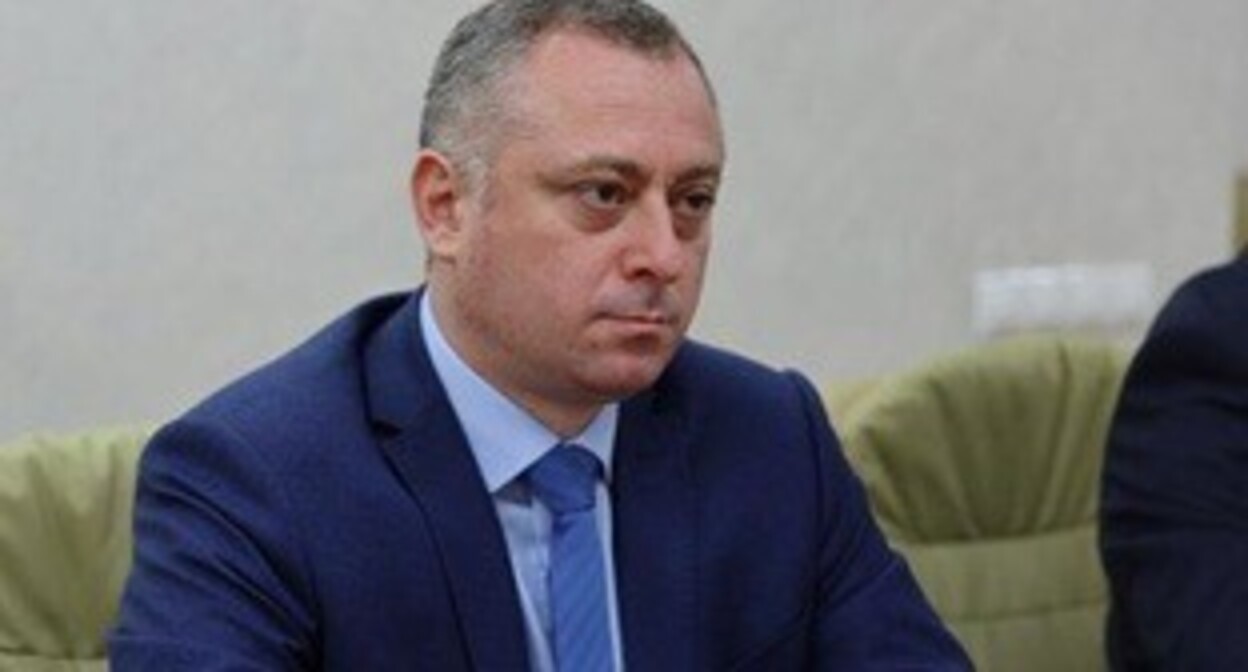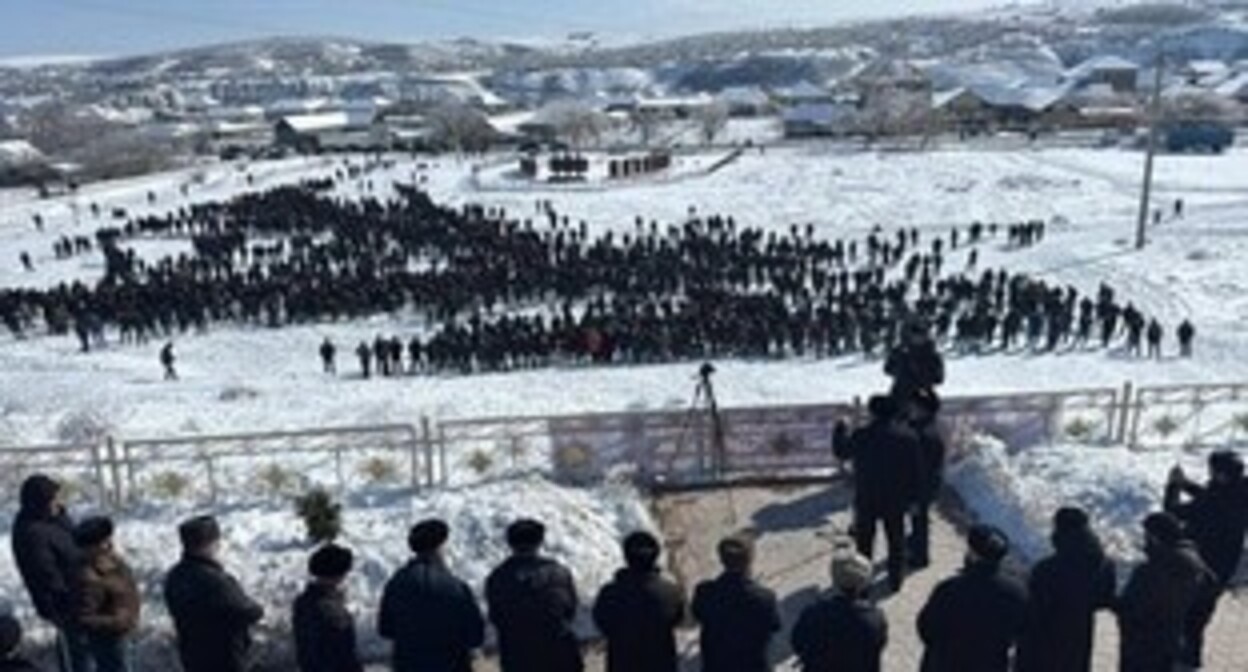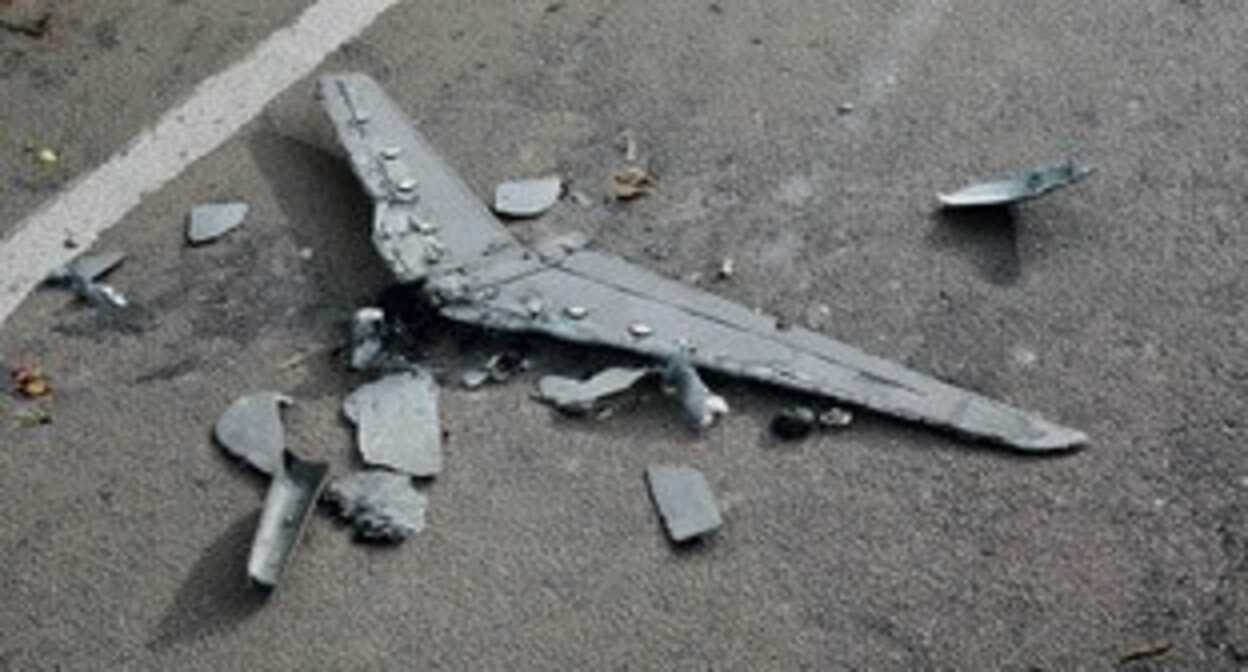Week in the Caucasus: review of main events of October 20-27, 2024
Parliamentary elections in Georgia, attacks on law enforcers in Chechnya, persecution of pacifists and activists in Southern Russia, repression against the Azerbaijani opposition, and official data on the natives of Southern Russia who perished in Ukraine, – see the review of these and other events in the Caucasus during the week of October 20-27, 2024, prepared by the “Caucasian Knot”.
Parliamentary elections in Georgia
On October 26, the voting in the parliamentary elections took place in Georgia. Electoral commissions received 337 complaints about violations committed during the elections. At least 25 journalists highlighting the voting were injured as a result of the attacks, while oppositionists and observers were also attacked. Non-governmental organizations (NGOs) demanded to launch an investigation into the above incidents at polling stations.
According to the preliminary information released by the Central Election Commission (CEC) of Georgia, the ruling “Georgian Dream-Democratic Movement” Party received 53% of the votes, with 957,960 voters casting their ballots for it.
The opposition “Coalition for Changes”, which united the “Akhali”, “Girchi-More Freedom”, “Droa”, “Republican Party”, and “Activists for the Future” gained 201,807 votes or 11.177%, the “Unity to Save Georgia” coalition, including the “United National Movement” (UNM), “Strategy Agmashenebeli”, “European Georgia”, and a number of independent politicians won 177,892 votes or 9.852%. The “Strong Georgia” coalition, uniting the “Lelo”, “Anna Dolidze-For the People”, “Citizens”, and “Freedom Square” movement, gained 162,459 votes or 8.998%. The “For Georgia” Party gained 148,570 votes or 8.228%.
The parliamentary elections in Georgia are illegitimate and do not reflect the will of the people, President Salome Zurabishvili has claimed. The two previous presidents of the country – Mikhail Saakashvili and Giorgi Margvelashvili – also do not recognize the results of the parliament elections in Georgia. Salome Zurabishvili has called on people who disagree with the election results to come out for a peaceful symbolic protest on October 28.
The “Independent Observer” coalition, represented by the Vanadzor office of the Helsinki Citizens’ Assembly and the “Union of Informed Citizens”, has been conducting an observation mission at the parliamentary elections in Georgia since October 25. Union’s coordinator Daniel Ionnisyan announced significant violations during the parliamentary elections in Georgia, undermining confidence in their results.
On election day, multi-hour queues formed at polling stations abroad, and voting was conducted with violations at a number of polling stations, the “My Voice” observation mission claimed. Some voters were unable to vote because they were not included in the lists. Observers from the “My Step” monitoring mission were pressured at a number of polling stations, and one of them had to be evacuated because of threats. At other polling stations, observers were prevented from monitoring the voting process.
According to a study, conducted by the “Edison Research” Company on behalf of the “Mtavari Arkhi” TV Company, 40% of voters gave their votes to the ruling “Georgian Dream” Party. According to the Gorbi exit poll commissioned by the pro-government “Imedi” TV Company, the “Georgian Dream” Party won with 56.1% of the votes. Also, according to the above-mentioned survey, three opposition alliances entered the Georgian parliament, including the “Coalition for Change” with 12.6%, the “Unity” with 11.6%, and the “Strong Georgia” with 7% of the votes, the “Imedi” TV Company reports on its website. When calculating the votes, both research companies did not take into account the votes of the voters living abroad, the “JamNews” publication emphasized.
The number of voters announced by the Georgian Electoral Commission appears to be inflated against the background of the total number of the country’s residents, as, according to the National Statistics Service, it amounted to 3,694,600 people as of January 1, 2024, the “Novaya Gazeta” reports. So, the number of voters is 95% of the population. However, the statistics include children and teenagers who are not yet voters.
Attack on law enforcers in Chechnya
On October 24, a car with fighters of the “Rosgvardia” (National Guard of Russia), came under fire in the suburbs of Grozny. As a result, one military man was killed and another was wounded. The attackers fled from the scene. The “Rosgvardia” fighter perished because the attack took the law enforcers by surprise, and there is no need for additional protection for the “Rosgvardia” in the republic, veterans of the law enforcement bodies suggest.
The killing of the “Rosgvardia” fighter in Chechnya may indicate the activation of the armed underground, but it is unlikely to affect the reputation of Ramzan Kadyrov, who had earlier announced the elimination of militants, political analysts and human rights defenders believe.
Persecution of pacifists and activists in Southern Russia
On October 23, Vladimir Atamanchuk, a 72-year-old activist from Sochi, received a notification from the Lazarevsky District Court about hearings on a new criminal case on contempt of court. The hearings will begin in a month, on November 23, Vladimir Atamanchuk reports.
The pensioner noted that he received a notification from the court while serving his sentence in a previous criminal case on slander against MPs, a public figure and, a lawyer. “I’m immediately getting out of one criminal case into another,” Vladimir Atamanchuk stated.
Repressions against Azerbaijani opposition
The Baku Court of Appeal (BCA) upheld the arrest of Tekhran Abdullaev, an activist of the Popular Front Party of Azerbaijan (PFPA), in a drug case. The defence promised to appeal to the European Court of Human Rights (ECtHR).
Akhsan Nuruzade, an activist of the “Muslim Unity” (MU) movement, who was released on October 6 after a seven-year term of imprisonment, was detained on October 26 while picking up his daughter from a university in Baku, his colleague from the MU reported.
On October 24, the trial in a case against Kyamal Guliev, accused in a drug case, ended in Gandja. The court sentenced him to 5.5 years of imprisonment. Kyamal Guliev himself claimed that he was being persecuted for his religious beliefs. Earlier, Kyamal Guliev had been convicted of participating in mass riots in Gandja in July 2018 in connection with the Yunis Safarov’s case.
On October 24, in Baku, a court considered a complaint filed by Ulvi Gasanli, an employee of the “Abzas Media” online publication, against the Baku SIZO (pre-trial prison) and the Azerbaijan Penitentiary Service, advocate Zibeida Sadygova reports. The complaint was filed in connection with the violation of the journalist’s rights, inhuman treatment, and poor conditions of detention. The court dismissed the complaint.
The European Court of Human Rights (ECtHR) has recognized the criminal prosecution of opposition journalist and politician Seimur Khazi and his sentence to five years of imprisonment unlawful in Azerbaijan. Seimur Khazi was awarded 4600 euros in compensation.
On the 71st day of his hunger strike, Famil Khalilov got his legs paralyzed, he suffers from pain in all his organs, and his stomach does not accept liquids, stated his spouse Kichikhanym Khalilova. Famil Khalilov is a disabled person who criticized the Azerbaijani authorities on social media and conducted live broadcasts after he received a device in Sweden allowing him to type with his toes. On September 26, at the first court hearing in his case, Famil Khalilov claimed that law enforcers had falsified the reports of his detention and search of his house.
The health state of Aziz Orudjev, the arrested director of the “Kanal-13” online TV Channel, has worsened after he was transferred to a SIZO (pre-trial prison), and he needs urgent medical treatment, his spouse reports.
Economist Gubad Ibadoglu underwent a medical examination due to his worsening condition, which confirmed the need for urgent surgery, his brother stated. The court twice refused to accept the defence motions to allow Gubad Ibadoglu leave Azerbaijan for medical treatment, his advocate reported.
The Baku Court of Appeal (BCA) dismissed the complaint lodged against the refusal to transfer activist Nidjad Ibragim to house arrest. The activist himself stated that he would continue his hunger strike in protest against the unfounded criminal prosecution.
On September 6, at the Baku airport, state border guards did not let government critic Nidjad Ibragim leave the country, referring to a police ban. After publicly criticizing the police for an unjustified ban on leaving Azerbaijan, Nidjad Ibragim was prosecuted on the charge of causing harm to human health. In protest, the activist has been on a hunger strike at a SIZO (pre-trial prison) since October 5. On October 17, a spouse of Nidjad Ibragim and his advocate reported that the activist attempted to commit suicide, as law enforcers beat him, forcing him to incriminate himself. The Ombudsperson appealed to the General Prosecutor’s Office of Azerbaijan with a request to verify the complaints of the activist’s spouse and advocate regarding the physical pressure exerted on him by law enforcers.
Official data on natives of Southern Russia perished in Ukraine
By October 27, the authorities and the law enforcement bodies reported about at least 5153 residents of Southern Russia perished in Ukraine, including 2461 residents of the North-Caucasian Federal District (NCFD) and 2692 residents of the Southern Federal District (SFD).
In Dagestan, the authorities reported about 1079 local residents perished in Ukraine, in the Volgograd Region – 970, in the Rostov Region – 584, in the Krasnodar Territory – 580, in the Stavropol Territory – 508, in the Astrakhan Region – 400, in North Ossetia – 314, in Chechnya – 208, in Kabardino-Balkaria – 176, in Kalmykia – 98, in Ingushetia – 91, in Karachay-Cherkessia – 82, and in Adygea – 60.
This article was originally published on the Russian page of 24/7 Internet agency ‘Caucasian Knot’ on October 28, 2024 at 09:02 am MSK. To access the full text of the article, click here.








![Tumso Abdurakhmanov. Screenshot from video posted by Abu-Saddam Shishani [LIVE] http://www.youtube.com/watch?v=mIR3s7AB0Uw Tumso Abdurakhmanov. Screenshot from video posted by Abu-Saddam Shishani [LIVE] http://www.youtube.com/watch?v=mIR3s7AB0Uw](/system/uploads/article_image/image/0001/18460/main_image_Tumso.jpg)